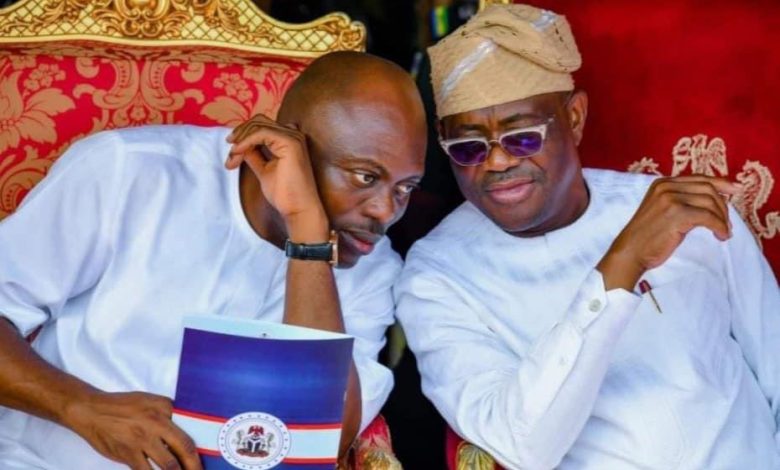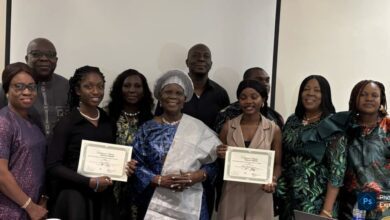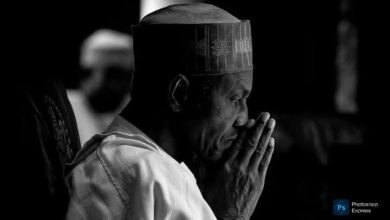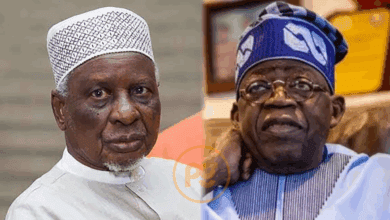Fubara is Wike’s political investment, says APC chieftain, Okocha


Tony Okocha, the Caretaker Chairman of the All Progressive Congress (APC) in Rivers State, has described governor Siminalayi Fubara as the political investment of the Federal Capital Territory (FCT) minister, Nyesom Wike.
Okocha, who spoke on Channels Television Programme, Politics Today, said Fubara enjoyed Wike’s backing in his rise from the civil servant to becoming the governor.
“The feud between the governor and his mentor, Governor Fubara is Wike’s political investment”, he said.
“From civil servant to the candidate of a party and delivering him in 23 local governments out of 23, the first in our history, all of these were Wike’s ability to manoeuvre. The former governor has said, ‘I am not asking you for anything. I am only saying that you are destroying the structure that produced you.’
“If you are a politician, no politician will allow his structure to be dismantled. When you do that, it means that you have no home to fall back to. That is the issue”.
Fubara and Wike have been at loggerheads over the control of the oil-rich state.
Though Fubara survived an impeachment orchestrated by the Martin Amaewhule-led Rivers Assembly, Wike has vowed to do all it takes to maintain his “political structure” in Rivers state.
A further twist in the political landscape in the state occurred on Thursday, when the Court of Appeal in Abuja dismissed the order of a Rivers High Court which restrained Martin Amaewhule and 24 others from parading themselves as lawmakers of the State Assembly.
A three-member panel of the appellate court led by Jimi Olukayode-Bada, held that the trial court lacked the jurisdiction to entertain the suit, as such matters can only be heard and determined before a federal high court.
Reacting to the verdict, the APC chieftain said the judgement of the appellate court should be seen as sacrosanct until the Supreme Court says otherwise.
“The Court of Appeal judgement should be seen as sacrosanct. It should be obeyed as seen as a given. Until the Supreme Court overturns the judgement, the law as it is today as pronounced by the Court of Appeal,” he noted.




